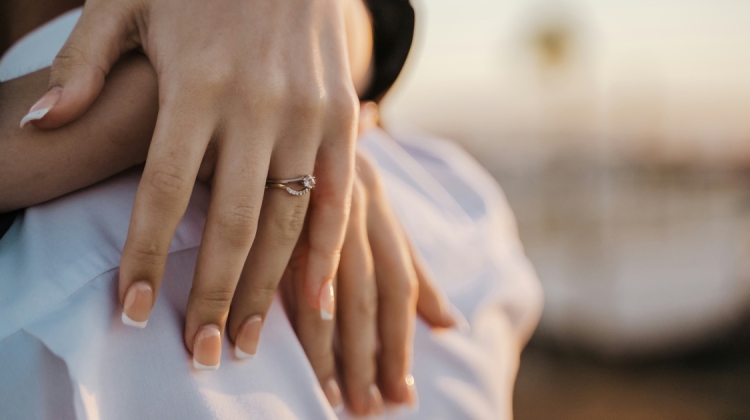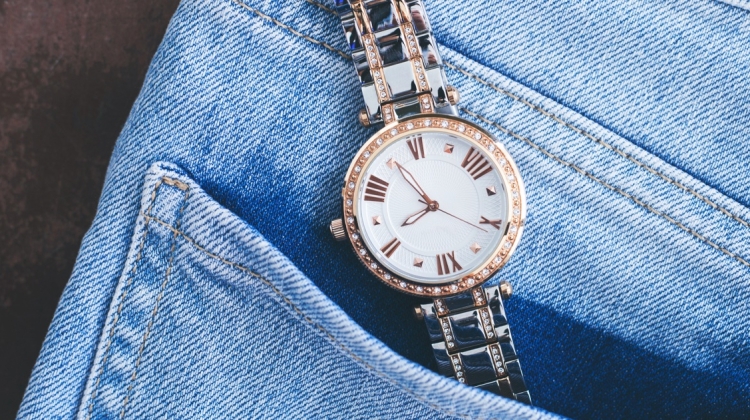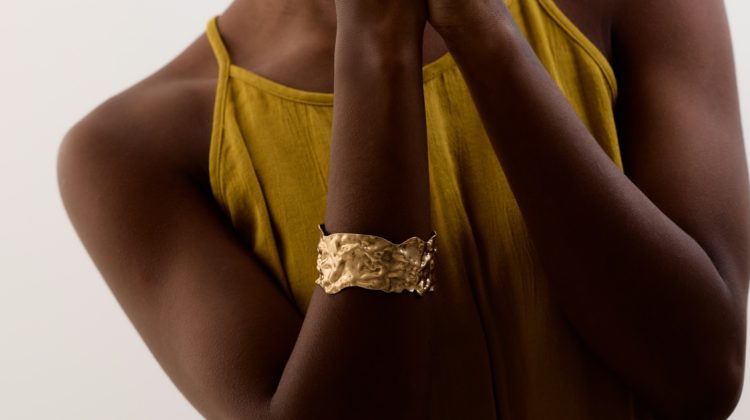
An engagement ring is a piece of jewelry that symbolizes the love, commitment, and future ahead of you and your fiancé. Not to mention, there is the significant financial investment it represents. The average cost of an engagement ring is $5,500, so it’s no wonder every ring owner wants to keep it in pristine condition.
To keep its fire sparkling and make sure it remains a treasured piece for years to come, a little care goes a long way when maintaining engagement rings.
See how to help protect and preserve your engagement ring, covering all the essential routines and practices that every wearer should know.
Clean Regularly but Gently
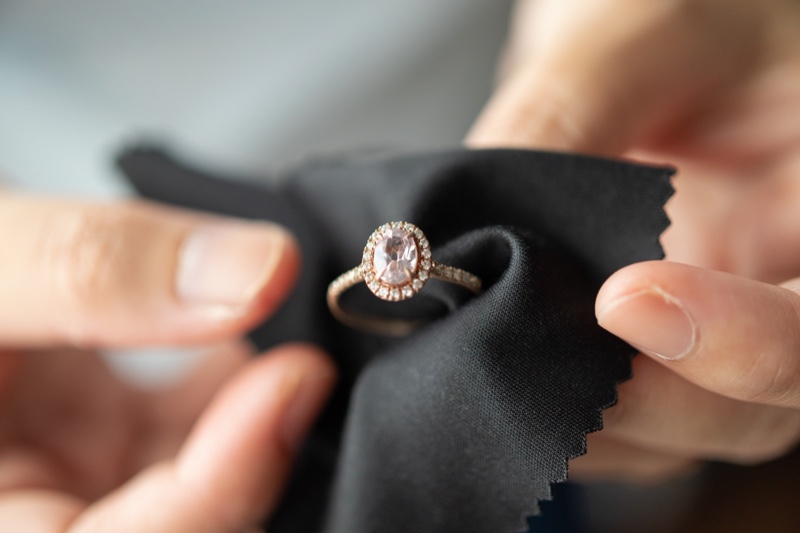
During everyday wear, your jewelry picks up all sorts of dirt and grime that can dull a stone’s luster, but regular, gentle cleaning can restore its shine.
For at-home cleaning, simply soak the ring in a bowl of warm, soapy water. After soaking for about 20 to 30 minutes, use a soft toothbrush to gently brush away any grime, especially around the setting where dirt can easily build up.
Avoid abrasive cleaners or harsh chemicals, which can damage softer stones like emeralds and opals. For a deeper cleaning, schedule a professional cleaning with your jeweler. Ultrasonic cleaners might be appealing at first glance, but they can sometimes loosen stones or damage settings.
Protect from Physical Damage
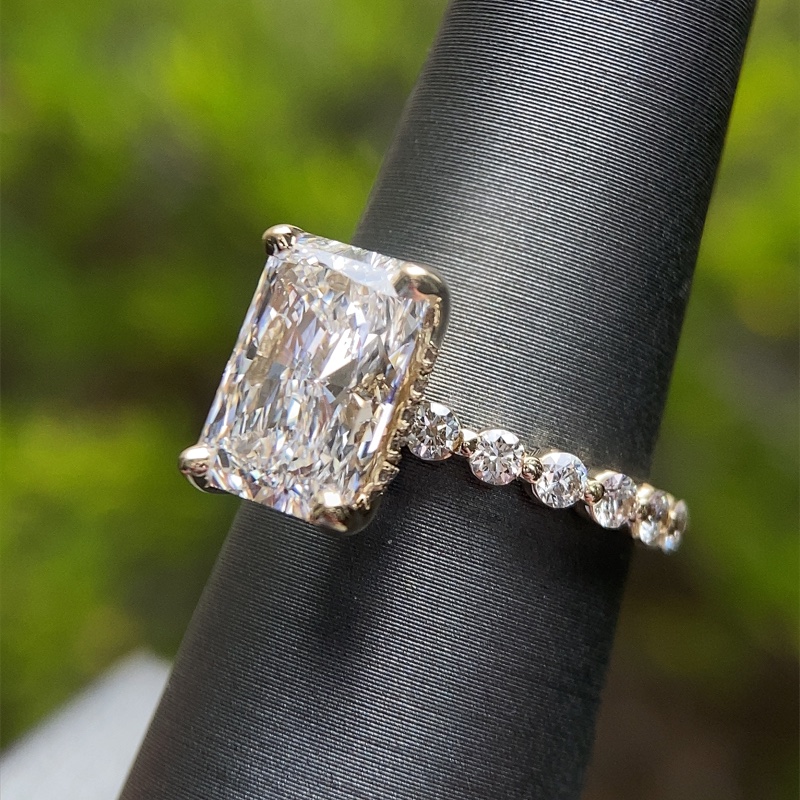
While diamonds are among the hardest materials, even they aren’t indestructible, and other stones or intricate settings require extra caution. Bumping or scraping your engagement ring during exercise, gardening, or even swimming can chip the stone, weaken the prongs, or cause the ring to bend.
It’s a good rule of thumb to remove your engagement ring when participating in any activities that expose it to impact or rough surfaces.
Avoid Harsh Chemicals and Temperature Changes
Chemicals in household cleaners, perfumes, or house sanitizers can harm the stone and metal of your engagement ring. They can erode certain metal finishes like white gold and tarnish the ring’s appearance. Long-term exposure to corrosive substances can require the plating to be replaced.
Chlorinated water in swimming pools and spas can be particularly harmful, sometimes causing discoloration. Temperature changes such as those from saunas and hot tubs can also compromise the integrity of your ring’s structure.
To preserve your accessory’s beauty, be mindful of immersing your hands in chemically treated water.
Schedule Regular Checkups with a Jeweler
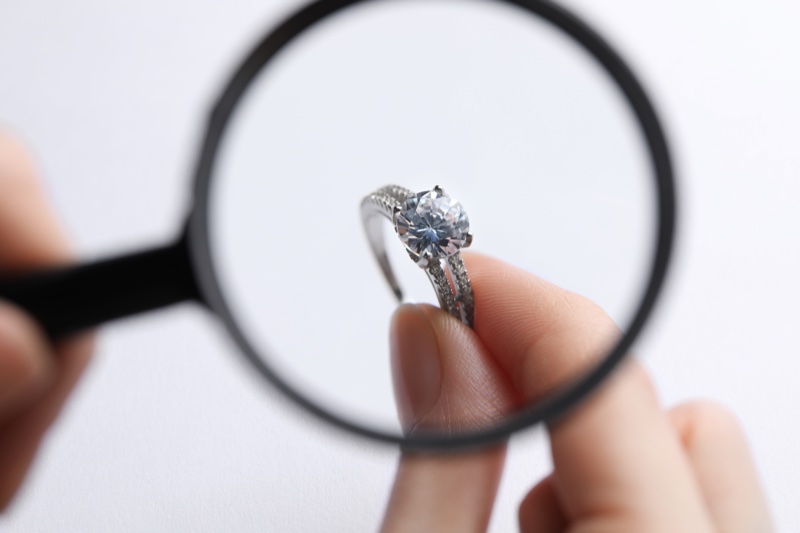
Just like a car needs a regular tune-up, your engagement ring needs periodic checkups. Scheduling an annual inspection with a trusted jeweler helps catch loose prongs and worn metal early, ensuring that the ring remains in top condition.
